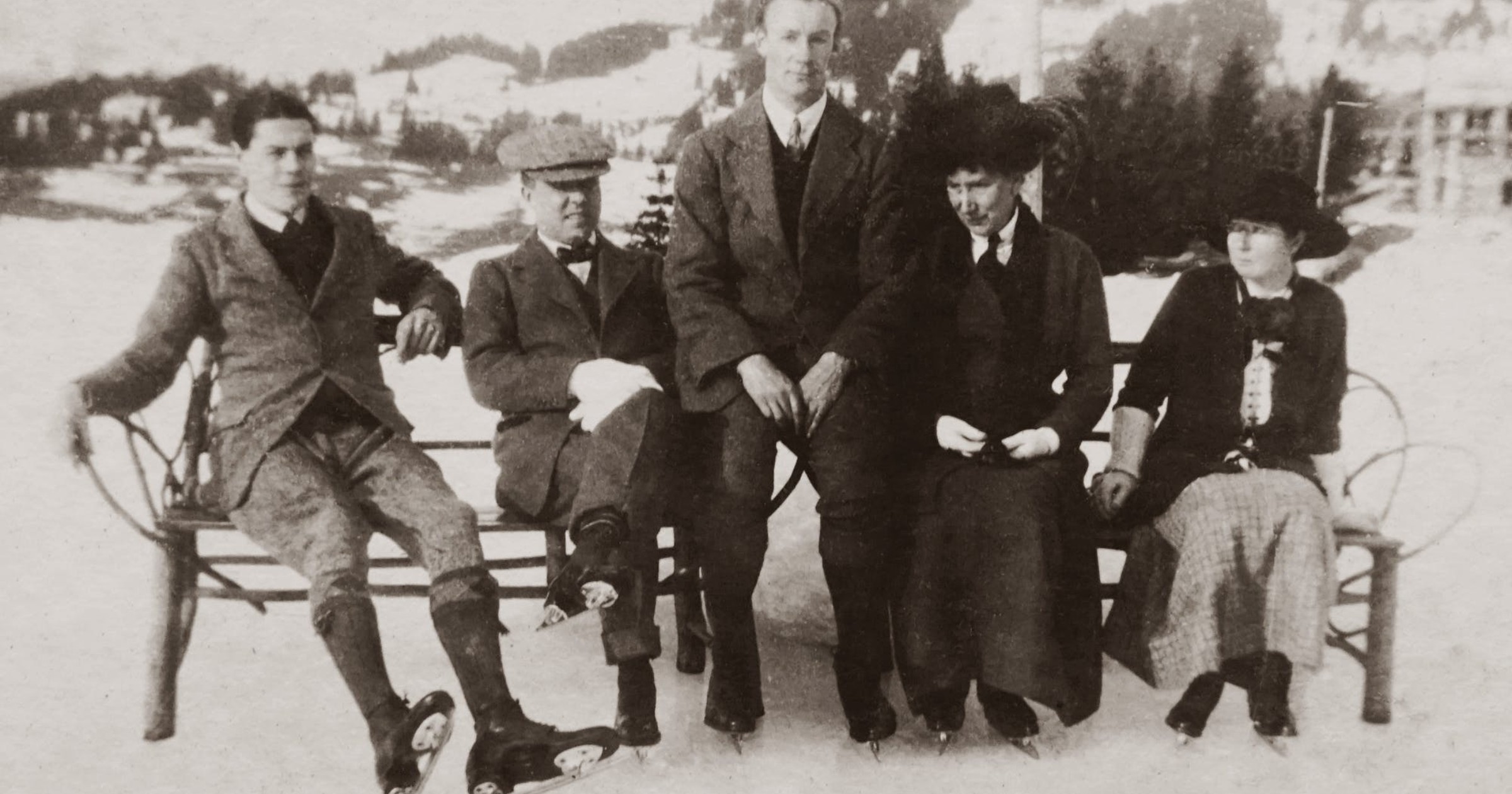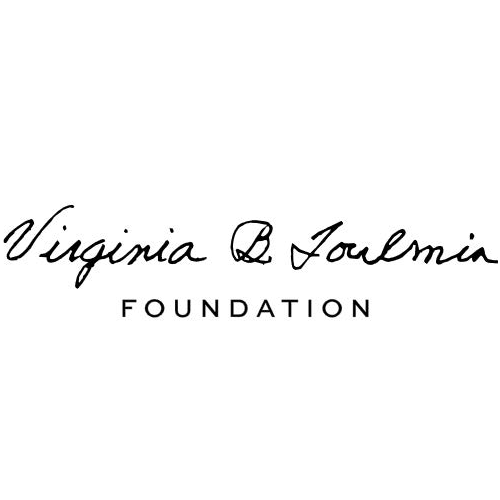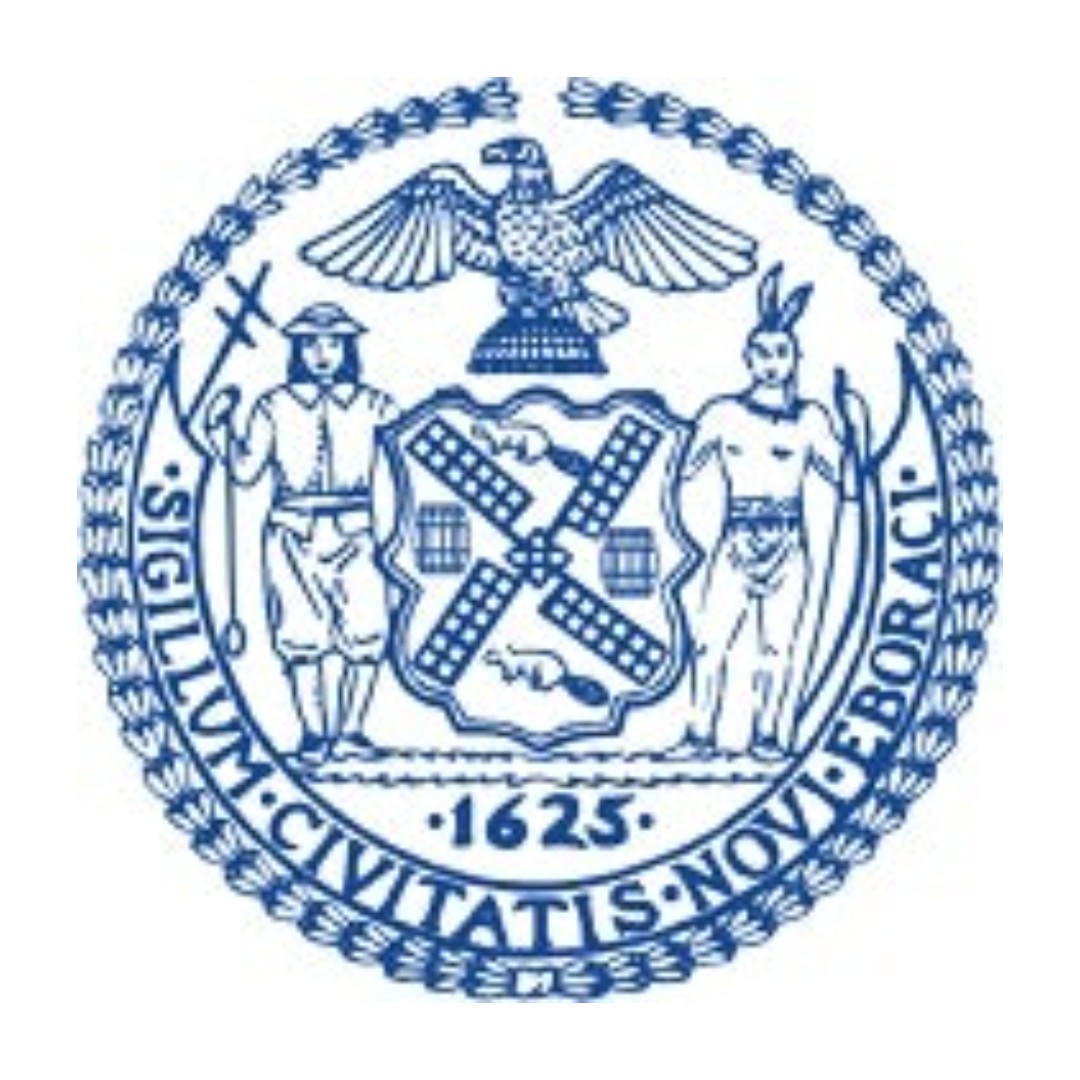Digging into its bottomless treasure chest of Giovane Scuola rarities, Teatro Grattacielo came up with a double bill of one-act romantic comedies for its annual concert presentation at Lincoln Center’s Rose Hall on May 24. Umberto Giordano’s 1929 Il Re received its long-overdue North American premiere, and Primo Riccitelli’s I Compagnacci was heard for the first time in New York since its three-performance Metropolitan Opera run in 1924, with Beniamino Gigli and Elisabeth Rethberg.
Both were engaging crowd-pleasers, but the Giordano proved to be something special — a complete departure for the blood-and-guts verist of Fedora and Andrea Chénier. Giordano had already enjoyed a comedy success with Madame Sans-Gêne in 1915, but this one-hour charmer showed that he had since absorbed the contemporary influences of Stravinsky, Strauss and even a touch of Berlin-style cabaret. The orchestra acts as a witty commentator throughout this beguilingly melodic, gossamer-light tale of a miller’s daughter, Rosalina, struck by a case of puppy-love when she first glimpses her country’s king. The king magnanimously cures her of her delusion and reunites her with her distraught fiancé. It’s all accompanied by a score so enchanting and humorous that the Grattacielo audience frequently broke out in ripples of delighted laughter.
In the title role of the King, John Maynard wielded a rather blunt baritone but displayed an amused comic detachment well suited to the character. As the besotted Rosalina, lyric coloratura Joanna Mongiardo scored a triumph, effortlessly negotiating the fiorature, extended trills and stratospheric high notes originally sung by Toti Dal Monte in 1929. James Price’s tenor had an appropriately youthful sound but was a shade too dry and small for the part of Rosalina’s fiancé, Colombello. As the miller and his wife, Lawrence Long and Eugenie Grunewald mugged engagingly and sang with plush timbres.
I Compagnacci opened the evening. Comparisons to Gianni Schicchi are inevitable and, perhaps, unfair; both comic operas take place in Renaissance Florence and feature a young couple whose path to true love risks being thwarted by greedy family members. (Both also have librettos by Giovacchino Forzano, who wrote the libretto for Il Re as well.) Riccitelli’s score cannot measure up to Puccini’s in memorable melodic richness or sheer infectious appeal, but its vivid orchestration and theatrical urgency show that he learned well the lessons of his teachers Mascagni and Zandonai. His arias and love duet for his central romantic couple are high points, as is his choral writing in the opera’s climax.
Soprano Jessica Klein made a strong impression in the leading role of Anna Maria, investing her demanding part with emotional commitment and unfurling a thrillingly full upper register. Gerard Powers sounded out of his depth in the role of her lover, Baldo. His light tenor was patchy and reedy, and, quite disconcertingly, he sang most of his part with his right hand cupping his ear. Bernardo del Nero, Anna Maria’s venal uncle who keeps her under lock and key, was sung by baritone Peter Castaldi, who does not own a huge instrument but makes the absolute most of it through crisp diction and sensitivity to the text. Basso Lawrence Long lavished his rich, voluminous tone and lyrical phrasing on the too-brief role of Bernardo’s confidant Venanzio, and tenor Joseph Gaines took full advantage of his moments as Anna Maria’s spurned suitor Noferi.
Grattacielo’s music director, David Wroe, conducted both works with great strength and a real feeling for post-verismo Italian style. However, during most of I Compagnacci he had his orchestra blasting away with such force that the soloists were often submerged in a wall of sound.
Eric Myers, Opera News
Recent musical news from New York was dominated by the New York City Opera finally declaring an exit from Lincoln Center, where it had played for decades. Facing a severe economic shortfall, a motionless board, and a host of other problems - including a well-heeled Metropolitan Opera across the plaza - the already compromised seasons under George Steel are not even guaranteed for next season, and heaven knows where they will take place, if they do.
Which is why one is happy for the little musical organisations in Manhattan that often provide the most interesting operatic work. In the space of a week, the American Classical Orchestra presented Grétry’s Richard Coeur-de-Lion at charming auditorium of the Society for Ethical Culture on Central Park West (where my father attended grade school, years ago) and the Teatro Grattacielo (Skyscraper Theatre) presented a double bill of verismo rarities: Riccitelli’s I Compagnacci, and Giordano’s Il Re, at the elegant Rose Theater at Lincoln Center (normally a venue for jazz).
The Grétry opéra-comique was by far the most interesting work, done semi-staged with ingenious direction from Cynthia Edwards. First heard in 1784, to a libretto by Sedaine, and revised subsequently, this work is exactly as advertised: a comedy in three acts “mêlée d’ariettes”, all of them hugely catchy. There’s even a prehistoric attempt at Wagnerian leitmotif, with a tune that’s repeated several times in different guises. Even Auber dared to reorchestrate the work in the mid-19th century.
Fortunately, conductor Thomas Crawford chose to return to the original, accompanying with a harpsichord. And the original was played no less than 621 times at the various theatres the Opéra-Comique played in until 1910. If now out of favour, it’s time to bring back this masterwork to general audiences. Though there was a tremendous battle scene at the end, in the 18th-century stagings, the rest of the work offers an assortment of arias, duets and ensembles that are by turns piquant, enchanting, robust, and pastiche-medieval.
The story is related briefly, most familiarly, in the MGM 1952 Technicolor pageant, Ivanhoe, with Elizabeth and Robert Taylor (no relations). In the film, Ivanhoe is the rescuer of King Richard; in Grétry’s version, it is the false-blind minstrel, Blondel. (Does anyone remember the Tim Rice lyrics for the West End musical, Blondel, first seen in 1983?)
Ms Edwards’ staging cleverly made the most of simplified costuming and various props, suggesting a battle scene here and a country dance there.
The singers were led by a remarkable, young, fresh-out-of music school baritone, Robert Balonek, who sang the role of Blondel with force and wistfulness. He was nearly matched by Josh Benevento in the role of King Richard, and there were a host of suporting male who sang gratifyingly. The ladies included an irresistible Catherine Webber in the travesti role of Antonio.
With the recent Opéra-Comique DVD of Grétry’s enchanting L’Amant jaloux (1778), first staged and recently revived at Versailles, it is high time that one examines Grétry’s other opéra-comiques. This genre, and Grétry himself, deserve revitalisation.
Verismo rarities are another matter. Have any of you heard of Primo Riccitelli (1875-1941)? I hadn’t. A protegé of Mascagni, he is known for two operas: I Compagnacci, and Madonna Oretta. I Compagnacci was presented at the Metropolitan in the 1920s with an illustrious cast that included Gigli and Rethberg.
The plot concerns a wager: will certain friars pass through the flames of the Inquisition to show their holiness? As it turns out, none do, including Savanorola, and lovers Anna Maria and Baldo can marry. The score has several dramatic and also beautiful moments, all rousingly orchestrated and making the most of several choirs, including one for young girls. It also has several blustery exchanges, of little interest, between the Anna Maria’s father and a friend that take up much of the playing time.
Conductor David Wroe made the most of the rich orchestrations and the choral sections, blending them together impressively. In the cast were Jessica Klein and Gerard Powers as the young lovers, and Peter Castaldi as the father and Lawrence Long as his chum.
Giordano, mostly represented today by Andrea Chénier, and possibly Fedora, wrote quite a few other works. Il Re (1929, at La Scala) is a long one-acter in three scenes. Frankly, to this listener, the intermezzi between the scenes had the most interesting music; the vocal sections were occasionally quite lovely, but by no means continuous. The plot, concerns a girl who desires to mate with a ‘handsome” king, rather than her inteded, Colombello. She later discovers that her king is actually old and seedy, and returns, shocked, to her boyfriend.
A lot of extraneous characters did not add to the romance, but one should credit the mostly fine singing of Joanna Mongiardo, James Price, Eugenie Grunewald and John Maynard, as the made-up king.
Deborah Voigt, who has just appeared in Die Walküre in the new production of The Ring at the Met, decided to appear at Carnegie Hall shortly thereafter in a programme of Broadway songs. This was presumably a warm-up for her appearance in the title rôle this summer in the Glimmerglass Festival production of Annie Get Your Gun. The few songs from Irving Berlin’s mercurial score she sang here were not prinicipally the belted numbers that Ethel Merman made famous originally. “They Say that Falling In Love is Wonderful” and “Moonshine Lullaby” are basically crooned. The rendition of “Anything You Can Do…” was better, and the number Berlin supplied for the 1960s revival, “Old Fashioned Wedding” was better still, but hardly spat out the way Merman did it. For these numbers, Ms Voigt was joined by Paolo Szot, lately Emile de Becque in the Lincoln Center revival of South Pacific.
Some of the other numbers were not especially impressive, and a constant microphone did not add to the fun. “It’s A Grand Night for Singing” was done in an interminable choral arrangement, and a medley of numbers from The Music Man proved very dull, out of context. A surprise was “Some Girl is on Your Mind”, from the otherwise mostly-forgettable Kern-Hammerstein Sweet Adeline, with the huge Collegiate Chorale (180 souls!). A personal note was added with “What Do I Do Now?” from Mame, as Ms Voigt played Agnes Gooch early on. The one time the microphone was eschewed was in “My Man’s Gone Now” from Porgy and Bess, the operatic sound of which fittingly wowed the crowd.
Richard Traubner, MusicalCritisism.com
Teatro Grattacielo gives concert performances of Verismo operas that range from the obscure to the unheard-of.
This year they came up with a comic double-bill of works from the 1920s, a symbolic moment for Italian opera—Puccini’s Turandot, premiered in 1926, is generally regarded as the last Italian work to enter the operatic repertory, either local or international, after more than three hundred years of Italian centrality to the creation of opera, an Italian invention. Primo Riccitelli, whose name is obscure even among Verismo composers, was represented by his first opera, I Compagnacci, a work controversial in its day (1922) as, according to which critic was writing, an inventive new voice or far too dependent on Mascagni and Puccini for any novel inspiration. Umberto Giordano, fondly remembered for Andrea Chenier and Fedora, drew an American premiere on this occasion for his last opera, Il Re (1929), which, at its first run, was considered far too reminiscent of … Umberto Giordano. Italian critics in the twenties had a rough time, which they eagerly passed along: They did not wish to seem so nationalistic as to be provincial or old-fashioned, but to be too enamored of new manners of making music might easily lead to admiration for such deplorable foreign trends as impressionism, atonality or even jazz. One is reminded of the Monty Python sketch: No one wanted to admit the bird was dead, but it wouldn’t be flying anywhere.
Ninety years later, both these works can be seen for what they are, not merely as part of a particular fashion—or as not part of a fashion. I Compagnacci, which had a brief career at the Met, demonstrated a talent for orchestration and an ease in vocal writing and did indeed remind listeners of Puccini, in this case Gianni Schicchi. As in the latter opera (premiered in New York only four years earlier, remember), the story is set in historic Florence where matters of money are in conflict with love. But where Puccini and his librettist put their Dante-derived tale in full view of their audience, to savor every outrageous detail of their commedia characters, Riccitelli’s plot hinges, fatally, on offstage events and he has no “O mio babbino caro” up his sleeve to provide us with a memorable personality to care about.
We are in Florence in the time of the friar-dictator Savonarola, celebrated for his “bonfire of the vanities” in the reaction to the cultivated Medici tyranny. Savonarola was eventually burned by his disgusted people (at the command of the cultivated Borgia pope), but some weeks before that event, as the tension reaches its height, two friars, one favoring Savonarola’s holiness, the other denouncing it, offered to walk through a bonfire in proof. God would be on the side of the one unburned. Bernardo, a greedy admirer of the dictator, is trying to force his niece, Anna Maria, into a loveless marriage with his protégé. Her truelove, Baldo, who leads a more luxurious faction, I Compagnacci, offers to sign over the family chateau if the monks actually dare to walk through the flames—as long as he can win Anna Maria if they don’t. (What would happen if one did and the other did not? No one mentions this possibility.) As Baldo guesses, neither friar dares risk the ordeal, and the Florentines rejoice in the triumph of art, vanity and love. The trouble is that we miss the climax—it takes place out the window, in the piazza, by the bonfire—visible from the windows but not visible to us. Another problem is that rich as the orchestration is, the melodic meat of the score shows little personality, and the personalities of the drama have none either. The orchestra makes an impression for skill not for music. It is a drama without substance, comic, dramatic or romantic.
The casting at Teatro Grattacielo is often remarkable, surprisingly so considering the vocal energy required in Verismo scores and the fact that young singers often appear. Gerard Powers and Jessica Klein sang Riccitelli’s generic lovers; their performances were not perfunctory but their musical emotions were, and these operas do not work if we do not care whether the lovers get together or not. Peter Castaldi was far more effective, sonorous and droll, as Anna Maria’s superstitious uncle, Lawrence Long an impressive foil as his confidant, and Joseph Gaines, as the unattractive and rejected suitor, had an amusing delivery of the most memorable tune in the opera.
In sharp contrast, Giordano’s Il Re was clearly a composer’s last opera not his first: All the parts worked, achieving just what they were intended to achieve, the characters musically as interesting as they needed to be for a silly fable (highly character-full performances fleshed them out, but that is what they were written for), and the elegant orchestration had real persons and real tunes to build on. The opera is as busy as Chenier without the emptiness of Fedora. The heroine’s role is a major coloratura vehicle, immensely satisfying because the resources of traditional Italian opera (trills, runs, ornaments) are on display, though in a style more like Richard Strauss than Donizetti, to give us Rosalina’s imaginative feather brain. The other characters are straight out of commedia dell’ arte, suitable to all levels of mugging. The melodies owe a little something to Strauss and Rimsky-Korsakov and Stravinsky but mostly, as the first critics said, to Giordani. The orchestration is something else again, witty and wild and all over the map, full of coloristic touches and humorous pratfalls. When the king is told that the lovely Rosalina has fallen in love with his beauty, he preens through harp to flutes to bassoons to brass—and does it again—and again. (John Maynard, singing the role, though deprived of the proper costume and looking glass of a fully staged performance, played it to the hilt without them.) The chorus sings “chorus stuff,” predictable but archly done, even, at one point, “tum-tum” guitar strums from the men while the women sing a silly serenade. Not one of the characters is as colorless as, well, everyone was in I Compagnacci; each lives up to the clichés suggested by tradition interpreted by Giordano’s knowing modern scoring.
The fable of Il Re concerns a miller’s daughter, Rosalina, who, on the eve of her wedding to a whiny miller boy (with her parents’ encouragement), sees the king pass through the forest and is overcome with love of his magnificence. He is, she is convinced, her destiny. The chickadees concur. Her parents and the faithful Columbello, having consulted a lawyer, a priest and an astrologer, go in desperation (with bribes) to the King. He invites Rosalina to the palace. In his bedroom, he tells her that her passion has touched him—then removes his royal robes, his corsets, his wig, his makeup and so on. (His voice, too, becomes decades more antique with the transformation.) Rosalina, aghast, returns to her boyfriend, and off they go to church.
Joanna Mongiardo, who has a voice of impressive size and warmth, as well as a technique with ornament that should give her Lucia, Philine and Zerbinetta to choose from, also has a putty face, capable of expressing several emotions at once and of making fun of herself while expressing them. Rosalina is a star role in the glorious line and Mongiardo brought the hall to its feet. If she is a good girl and doesn’t sing Norma or the Ernani Elvira too soon, I foresee a great future for her—and for Il Re, if she cares to remember it. (It’s a star vehicle if you’ve got the star.) She was ably, hilariously supported not only by her peerless monarch, Mr. Maynard, but also by Lawrence Long and Eugenie Greenwald as her distraught parents. The one weak performer was James Price, whose thin, watery tenor made Rosalina’s lack of romantic interest perfectly comprehensible.
David Wroe and the Westfield Symphony Orchestra, having made a shimmering hour of I Compagnacci, really sank their teeth into the sly excesses of Il Re, the work of a master determined at the end of his life to show off everything he had learned—and to laugh as he did so. It was a delight to make this score’s acquaintance in such circumstances.
John Yohalem, Opera Today








